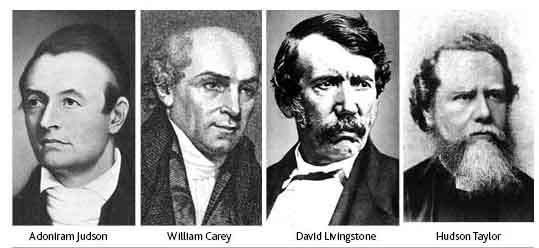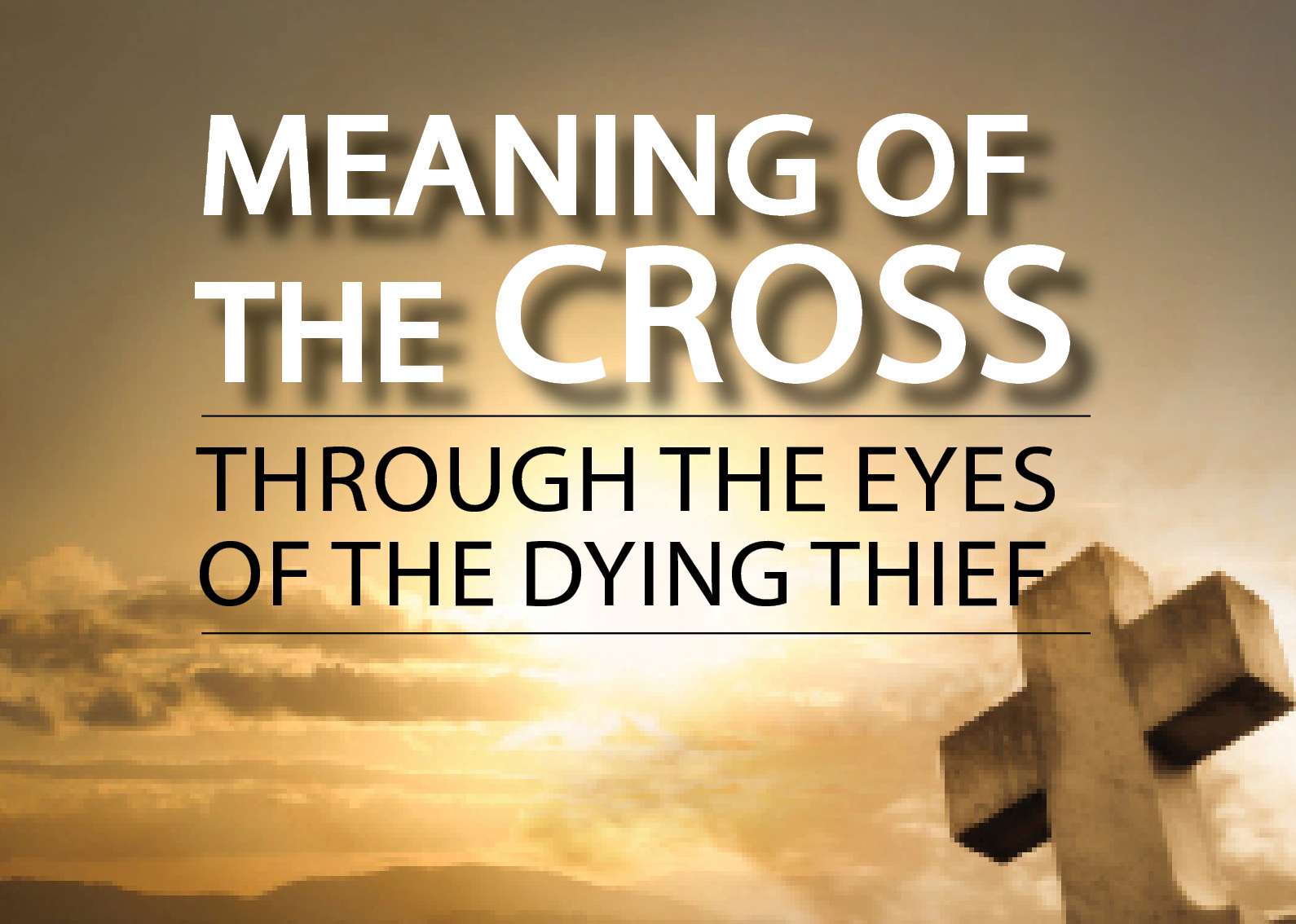

Double for Your Trouble There is Hope Beyond Afflictions
Dr. Kris A. Jackson
In the atonement Jesus provided for holistic and “whole”-istic healing for every facet of man’s human experience, spiritual, mental and physical. The insurance is “blanket coverage” (Isaiah 53:5). Believers stand on God’s covenant word for both healing and ongoing wellness. At times this promised healing-work occurs instantaneously, “by faith”, more often, however, the sufferer finds himself holding on to the promise, “through faith”.
In these protracted waiting seasons the Book of Job becomes our “go to” endurance manual. As we look to Psalms for worship and Proverbs for wisdom, we look to Job for warfare. The book suggests some of the reasons why we battle afflictions and an assurance that there is hope beyond affliction. “Behold, we count them happy who endure. You have heard of the patience of Job, and have seen the end of the Lord; that the Lord is very pitiful, and of tender mercy” (James 5:11). A common mistake is made, however, in resorting to Job to either justify our condition or to commiserate with a fellow sufferer, when we should see in the book that “all things work together for good to those who love the Lord” and that the divine Author always scripts a happy ending. James spoke of “the end of the Lord”, the conclusion of the before and after story. Peter voiced the same – “Receiving the end of your faith, even the salvation of your souls” (1 Peter 1:9).
The book of Job couples psychology with theology, because his mind was attacked every bit as much as his body or spirit. Don’t assume Job’s was a lifelong struggle. He mentioned a desire to return to life as it had been “in months past” (Job 29:2), so we can judge that most (not all) affliction is seasonal and temporary. During those painful months Job learned several vital faith-lessons…
1. Upright people experience outright pain
There is a cloaked doctrine in the church today that if a person lives a life of faith they will face little, if any, adversity. Sounds good, but only in recent years, and in developed nations, have followers of Christ enjoyed cushioned lives that enable them to spend years free from major pain or inconvenience. Such was not the case in primitive Christianity. Jesus suffered. Apostles suffered. No one held greater standing with God than Job, he was“perfect and upright…one that feared God, and eschewed evil” (Job 1:1). Though an upright person, he experienced outright pain.
2. There is a character behind the chaos
Why do good people face bad times? There is no way of doing justice to the question in this short article, but one factor is the strategic attacks of the adversary. Job wasn’t privy to the dialogue in progress in the spirit realm (Job 1:6-12). There was a character behind all Job’s chaos – the title “Satan” is introduced. The term appears eighteen times in the Old Testament, of which fourteen references are found in Job.
Hell’s fury was unleashed against God’s “perfect” man. Satan attacked Jobin his finances,in one afternoon’s time he went from a multi-millionaire to a pauper. His family,seven sons and three daughters were killed in a freak storm. His flesh,Job was later stricken head-to-foot with boils. And his friendships, some of Job’s best friends misunderstood the cause of his suffering and turned against him.
3. When the devil turns up the pressure, turn up the praise
When some men would have reverted to their old sins or put a gun to their heads, Job did just the opposite. He “arose, and rent his mantle, and shaved his head, and fell down upon the ground, and worshipped” (Job 1:20). I can’t say that his theology was right because he blamed God for the loss - “the LORD gave, and the LORD hath taken away”. The thief was behind the disaster, not the Lord (John 10:10). But though his theology was amiss his doxology was right on target - “blessed be the name of the LORD”(Job 1:21). Praise is still the best medicine for protracted pain.
4. When you can’t track God’s path you can still trust God’s promise
Job is considered the oldest book of the Bible. In other words, Job didn’t have Psalm 23 to rest his head on, or David and Goliath, or the story of Christ’s resurrection. His faith was raw trust in the goodness of God, or at least, his concept of God. From the bitterness of the ash pile he declared – “Though he slay me, yet will I trust in him” (Job 13:15).
Granted, there are some things in our lives that God is trying to “slay”, self-righteousness, ego, pride, etc., but once again, it is the thief who comes to steal, kill and story. Don’t blame God for assaults made by the evil one.
Because Job had no Bible, nor the personal guidance of the Holy Spirit that New Testament believers enjoy, he could not “track God’s path”. It is one thing to behold the set of footprints in the beloved “footprints in the sand” poem, but what does one do when no footprints can be seen, when God seems distant and appears to not even care? In such times, we grab hold of whatever revelation we do have. And thank heaven, we have His word!
5. In times of difficulty, don’t say what you think, say what you know
Why the bankruptcy, the bereavement, the boils, the betrayal? Job could have rationalized a thousand whys. He could have stated what he guessed, what he supposed, what he imagined. But the deceiver wreaks havoc with guesswork. Don’t say what you think, say what you know! Job declared what is considered the golden text of the book – “For I know my redeemer lives, and that he shall stand at the latter day upon the earth” (Job 19:25). An ounce of certainty based on revelation is worth ten pounds of assumption.
I love the healed blind man’s response to the Pharisees – “Whether he [Jesus] be a sinner or not, I do not know: one thing I know, that, whereas I was blind, now I see” (John 9:25). John proclaimed, “We know we have passed from death to life”. Paul added, “I know in whom I have believed!” Don’t wade in the murky swampland of guesswork or imagination, stand on the solid rock of revelation ad state what you know, because the devil cannot trip up a believer who knows what he knows.
6. Christians are like Timex watches; they take a licking and keep on ticking
Most Americans remember that old advertisement. It likely aired in other nations around the world as well. In the commercial, a Timex watch was submerged in a swimming pool and ran over by a truck, yet it continued its faithful second-by-second ticking.
We pray for instant healing. We confess wellness in spirit, soul and body. But what about those months (and perhaps years) when we feel like we’ve been run over by a truck? Faith keeps ticking, faithfully, joyously, consistently, eternally. Ten years from now, “tick-tock, tick-tock”. Twenty years from now, “tick-tock, tick-tock”. Satan’s plan is to make people quit, to shut down progress and weary the believer to the point where he or she resigns, “what’s the use?” When life is at its worst God is at His best, so faith should also be at its best.
Note some beautiful promises from Job...
“For there is hope of a tree, if it be cut down, that it will sprout again…Though the root thereof wax old in the earth, and the stock thereof die in the ground; yet through the scent of water it will bud, and bring forth boughs like a plant” (Job 14:7-9). Just the scent of water! That suggests discerning the faintest hint of the Holy Spirit’s activity in your life. His faintest touch is enough to revive dead hopes and dreams.
“But he knows the way that I take: when he has tried me, I shall come forth as gold” (Job 23:10). If the trial refines a purer faith and more intimate relationship, the devil has miserably failed in his attack?
“For God maketh my heart soft” (Job 23:16). This King James Version translation reads differently in other versions, but it is true that suffering can make a man bitter or make him better. The devil assumes the attack will cause the sufferer to rebel (just as he rebelled) and make the heart hard toward its Maker. But trust in God’s goodness has a softening effect and if a person becomes more sensitive and tender toward the Lord then the enemy made a mistake in ever initiating the attack.
“Neither have I gone back from the commandment of his lips; I have esteemed the words of his mouth more than my necessary food” (Job 23:12). The loss of Job’s great wealth may have forced periodic days of fasting whether he wanted to fast or not. No problem, his craving for God’s word overcame all cravings for natural appetites. He never diminished his pursuit of God’s word. As mentioned, Job didn’t have a canonized Bible as do we, yet God spoke to him, so he was not without a constant fresh word. The trials drove Him to the Word, not away from it. If your present difficulty stirs a hunger for God’s word, then the downtime has not been wasted time.
7. You have authority to demand double for your trouble
So how did things turn out for our comrade in suffering? “And the LORD turned the captivity of Job, when he prayed for his friends: also the LORD gave Job twice as much as he had before” (Job 42:10). This is not simply restoration but restoration with interest. “So the LORD blessed the latter end of Job more than his beginning” (vs 12).
Solomon legislated that if the thief is caught he must restore sevenfold (Proverbs 6:31). Moses laid down a less intrusive law, but still a fair payback – “In all cases of illegal possession of an ox, a donkey, a sheep, a garment, or any other lost property about which somebody says, ‘This is mine,’ both parties are to bring their cases before the judges. The one whom the judges declare guilty must pay back double to the other” (Exodus 22:9 NIV). Challenge the Thief, “this is mine!” “This is my healing, my family, my finances, my church, my stuff!” We are not awaiting a verdict. Jesus preannounced that the prince of this world is judged because of the cross (John 12:31,32). The battle is won, but a legal demand must be made for all stolen property. Similar “double for your trouble” laws are recorded in Exodus 22:4 and 7.
Now, observe the redeeming way this warfare book closes – “After this lived Job a hundred and forty years…” (Job 42:16) Pay close attention to the words, “after this”. The assignment for this article involved hope “beyond affliction”. Is there an “after” picture? With God, always. Don’t get stuck viewing your present circumstance. Consider “after this”, what is next. You are not at the end of the road, but at the bend in the road. With God, there is always more. For Job, 140 years more. A lot of sermons can be preached in 140 years, and a lot of souls saved and church buildings built.
Even greater, Job had seven more sons and three daughters. When added to the seven deceased sons and three daughters (still very much a part of his life, waiting in heaven), he then had double for his trouble, fourteen boys and six girls! I do feel a little sorry for Job’s wife with all the additional pregnancies, but in humored contemplation, I wonder if she hadn’t asked for it? Job “saw his sons, and his sons' sons, even four generations” (Job 42:16). The devil devised to cut short Job’s legacy, when in fact, it came back to bite him and God raised up several more generations of men of God in the land of Uz.
The last statement is classic – “So Job died, being old and full of days” (vs 17). “So Job died”, big deal, we all do. The question is, “So what”? When another generation lives to carry the baton of faith and former generations go to their eternal homes awaiting the grand family reunion, what did the devil actually accomplish? Job died, yes, but he died “full of days”, he didn’t die emptied, he died full!




































